Explore the admission process to enroll in the M.Tech program in Geoinformatics. Understand the application requirements and selection criteria to embark on your journey in this specialized field.
Admission Process for M.Tech Geoinformatics Course
M.Tech in Geoinformatics is a specialized postgraduate program that focuses on the integration of geographical information systems (GIS), remote sensing, and geospatial technologies for applications in various fields such as urban planning, environmental management, and geospatial analysis. If you are interested in pursuing an M.Tech in Geoinformatics, here is a detailed overview of the admission process:
1. Eligibility Criteria:
• Candidates should have completed a Bachelor's degree in a related field, such as Geoinformatics, Geospatial Technology, Geography, Geology, Computer Science, or Civil Engineering, from a recognized university or institution.
• Typically, candidates are required to have a minimum aggregate score of 50-60% in their undergraduate program. Specific eligibility criteria may vary among institutions.
2. Entrance Examinations:
• Many universities and institutes offering M.Tech in Geoinformatics conduct entrance examinations for admission.
• Common entrance exams for this program include:
• Graduate Aptitude Test in Engineering (GATE) with a specialization in Remote Sensing and GIS.
• Institute-specific entrance exams (some universities conduct their own entrance tests).
3. Application Process:
• Candidates need to visit the official website of the respective university or institute to fill out the application form for the M.Tech program.
• They are required to provide personal details, academic qualifications, and other relevant information.
• Along with the application form, candidates may need to pay an application fee, the amount of which varies from institution to institution.
4. Entrance Exam Preparation:
• To excel in the entrance exam, candidates should prepare thoroughly by studying the prescribed syllabus, which typically includes topics related to remote sensing, GIS, spatial analysis, and geospatial technology.
• Reference books, previous years' question papers, and online resources can be helpful for preparation.
5. Admission Selection:
• After the entrance exams are conducted, candidates are shortlisted based on their performance in these exams.
• Some institutions may also consider the candidate's academic record, relevant work experience, and research interests if applicable.
• Shortlisted candidates are typically called for a counselling or interview round as part of the admission process.
6. Counseling and Interview:
• Counseling sessions are held to help students select their preferred specialization within Geoinformatics.
• Interviews or group discussions may also be conducted to assess a candidate's aptitude, subject knowledge, and research interests.
7. Final Admission Offer:
• Based on the entrance exam scores, academic record, and performance in the interview/counselling, candidates are offered admission.
• The admission offer includes details about the program, course fees, and other relevant information.
8. Fee Payment and Document Verification:
• Once the admission offer is accepted, candidates are required to pay the course fees and submit the necessary documents for verification.
• Commonly required documents include mark sheets, certificates, ID proof, and passport-sized photographs.
9. Commencement of Classes:
• The academic year for M.Tech programs generally begins in July or August.
 2 Years
2 Years
 Post Graduate
Post Graduate
 Engineering
Engineering
 Full Time
Full Time
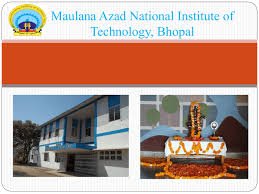
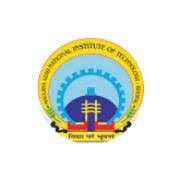
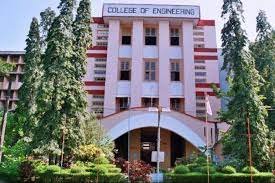
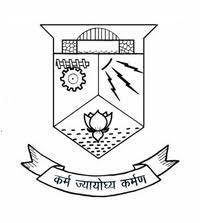
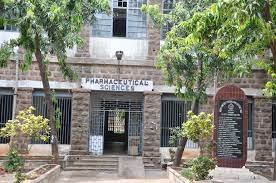
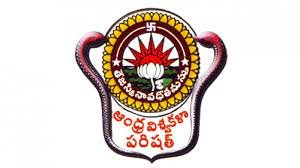
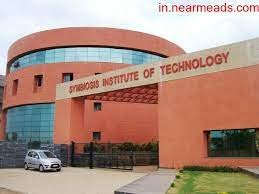
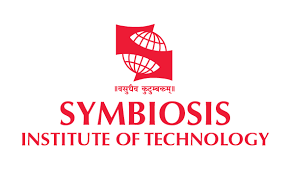

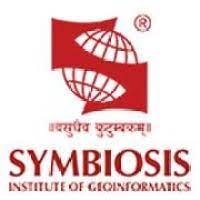

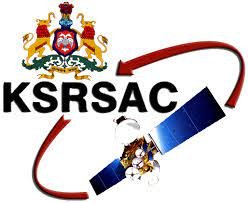
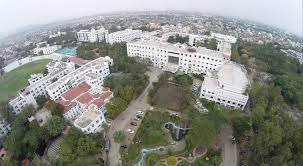
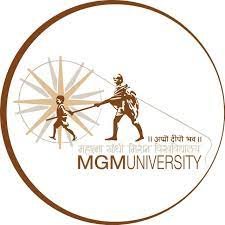

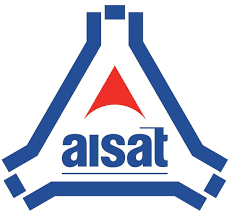
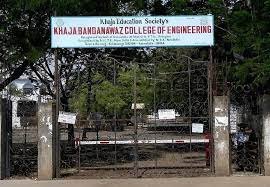




 back
back